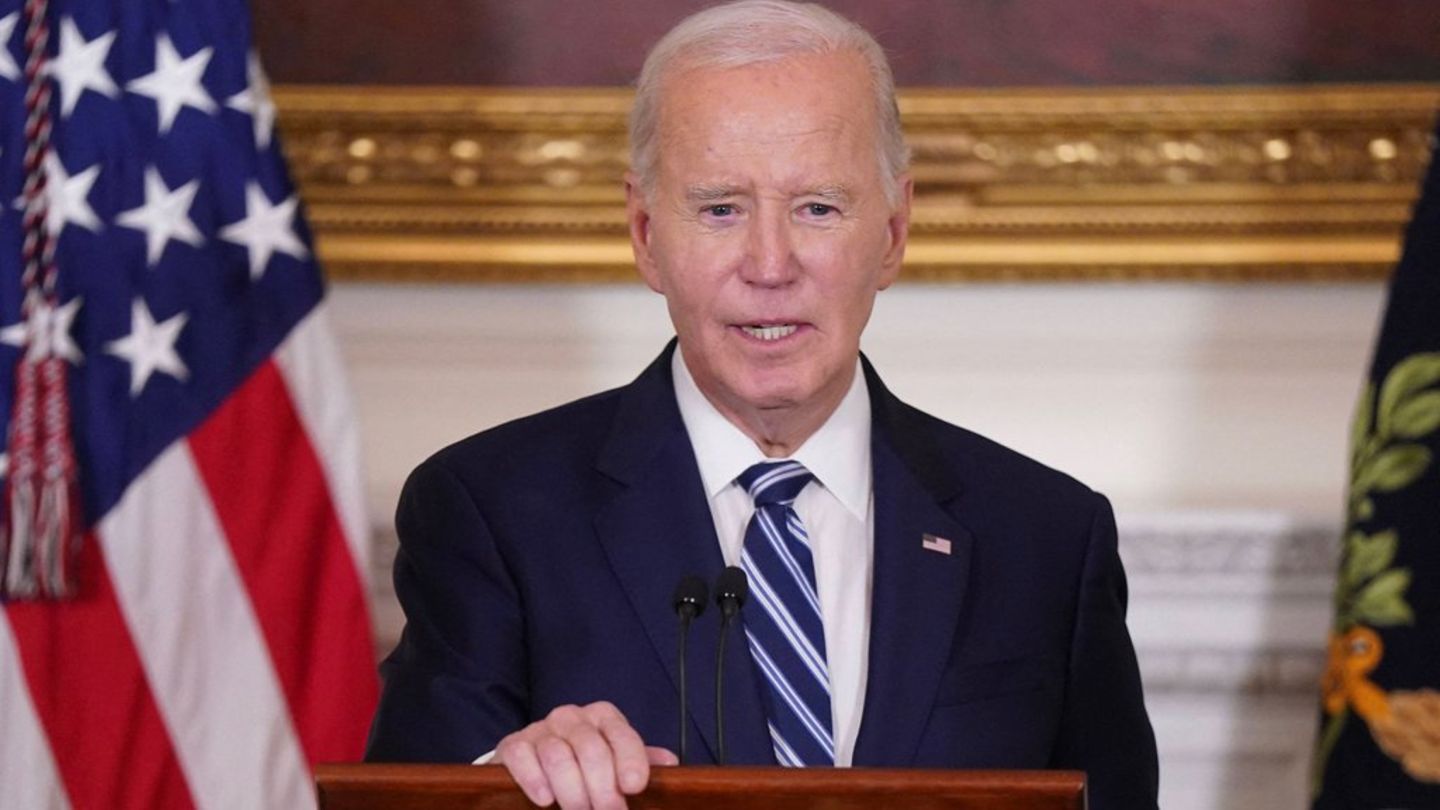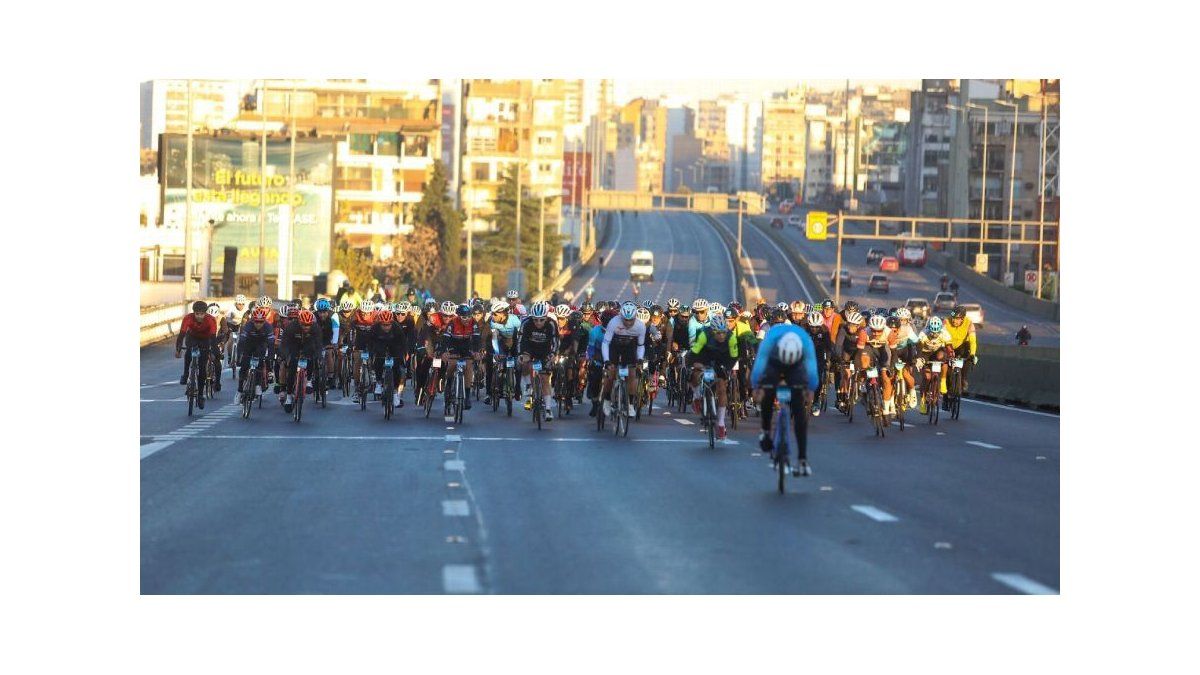Federal election
Coalition condition: CSU wants to reverse the new electoral law
Copy the current link
The new voting law should be history after this federal election. CSU group leader Dobrindt promises a reform of the reform. The CDU had previously made similar statements.
The CSU wants to reverse the new electoral law after a federal election – and calls the new reform a prerequisite for any alliance. “The change in the electoral law manipulation of the traffic lights is a coalition condition for us,” said CSU regional group leader Alexander Dobrindt star.
Dobrindt promised: “We will correct the completely screwed up and deliberately messed up traffic light voting law in the next electoral period without increasing the number of representatives.” With the voting rights decided by the traffic light government, the will of voters in the constituencies is being ignored, said the CSU politician.
Voting rights should reduce the size of the Bundestag
In 2023, the traffic light coalition implemented the new voting law against the will of the opposition. The original goal: to reduce the size of the Bundestag to the target size of 598 representatives specified in the electoral law. Ultimately, an agreement was reached on 630 MPs. Most recently, the Bundestag had grown to 736 members through overhang and compensatory mandates.
Previously, overhang mandates arose when a party won more direct mandates than the number of seats it was entitled to based on the result of the second vote. Compensatory mandates restored the balance of power after the second vote in the German Bundestag. This rule has been completely deleted.
According to the new electoral law, a party only gets as many seats as it is entitled to based on the second vote result. If it has won more constituencies than it is entitled to, the constituency winners with the worst election results will not get a place in the Bundestag. This is particularly disadvantageous for the CSU, which wins almost all direct mandates in Bavaria.
CSU sees traffic light voting rights as an attack on their existence
The traffic light had also deleted the basic mandate clause, with which small parties could circumvent the five percent hurdle. If a party won at least three direct mandates, it entered the Bundestag based on its second vote result. The left last benefited from this in 2021.
The regulation would have particularly affected the CSU: the right to vote is no exception for them either. If the party, which only runs in Bavaria, had ended up with less than 30 percent there, it would also have missed the five percent hurdle nationwide. According to the will of the traffic light, even three direct mandates would not have saved her in parliament.
The basic mandate clause has now been reinstated by the Federal Constitutional Court. But in the CSU they continue to see the traffic light reform as an attack on their own existence.
For us, changing the electoral law manipulation of the traffic lights is a condition of the coalition.
The CDU had also made electoral law reform a condition
CSU regional group leader Dobrindt therefore announced a completely new voting law: “It will not last like this.” The currently valid regulation means less democracy and less direct participation of citizens in the formation of political will in parliament.
Parliamentary group deputy leader Johann Wadephul from the CDU had previously declared: “We will not sign a coalition agreement that does not say that the electoral law reform will be abolished,” he told the Neue Osnabrücker Zeitung. This is an indispensable prerequisite for any coalition.
Source: Stern
I have been working in the news industry for over 6 years, first as a reporter and now as an editor. I have covered politics extensively, and my work has appeared in major newspapers and online news outlets around the world. In addition to my writing, I also contribute regularly to 24 Hours World.





